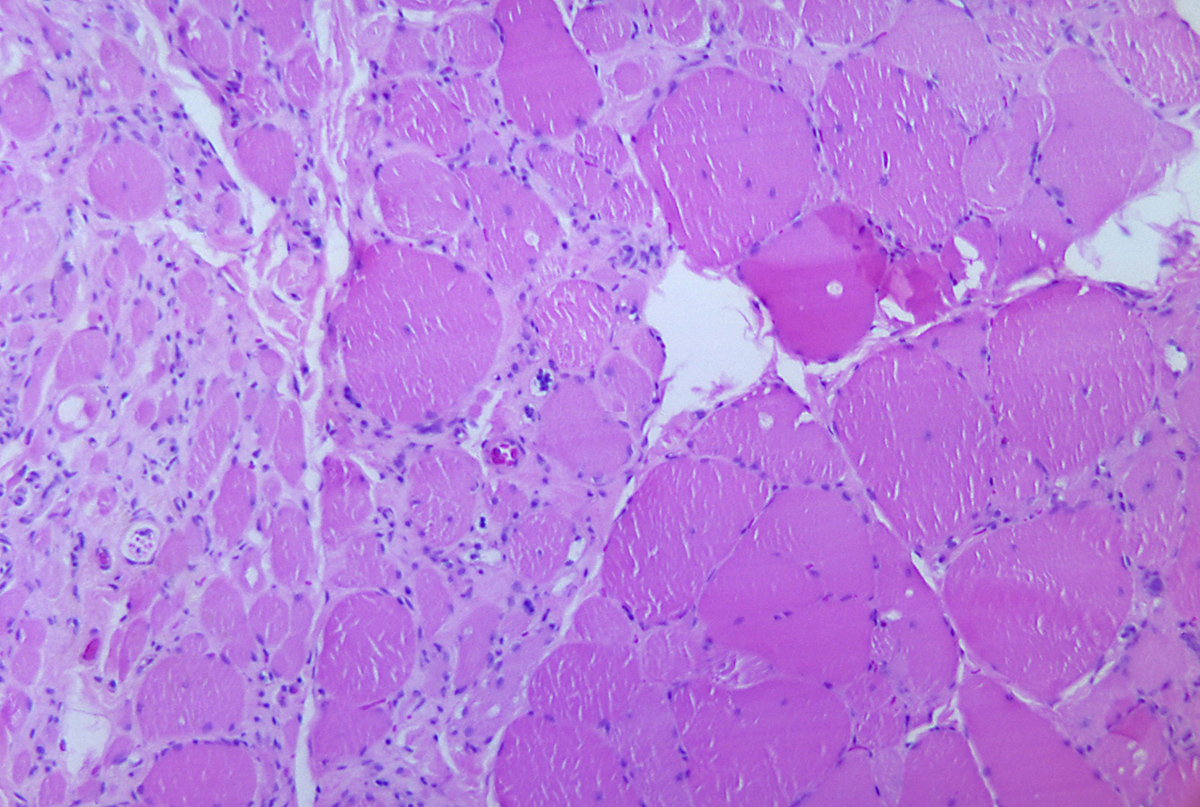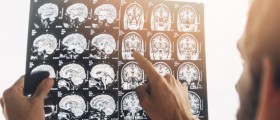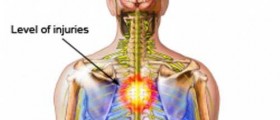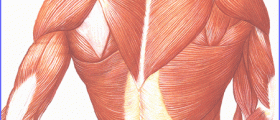
Muscle weakness is a symptom of many medical conditions. It can be associated with infections, trauma, cancers, autoimmune illnesses, neurological diseases, muscle diseases, metabolic diseases and other pathological processes in the body. Apart from that muscle weakness is considered normal after strenuous physical activity and exercises.
Muscle weakness may affect people of all ages. The problem is either temporary or permanent and in some cases it may even be life threatening (such as severe respiratory muscle weakness). The very symptom rarely occurs alone and is generally accompanied by several more symptoms and signs. If muscle weakness lasts long enough and a patient is not able to use the affected muscle or a group of muscles they eventually undergo the process of muscle atrophy or contractures.
Causes of Muscle Weakness
Generalized muscle weakness is typical for trauma, sleep disorders, depression, neuromuscular illnesses and certain heart/ lung conditions. It may also be associated with intake of some medications, severe stroke, uncontrolled diabetes and hyperthyroidism. Apart from the previously mentioned there are numerous illnesses which affect a particular group of muscles and cause localized muscle weakness. Nervous system disorders, muscular dystrophy, metabolic diseases, thyroid diseases, vitamin deficiencies, anemia and malnutrition are only some of them.
Muscle weakness can be the consequence of excess amount of exercises or strenuous physical activity. Even loss of fluids (dehydration) and electrolyte imbalance may feature with this particular symptom.
Presentation of Muscle Weakness
Muscle weakness features enables people unable to perform certain movements or to move in general. In severe cases even the simplest tasks such as holding a pen cannot be performed. Apart from muscle weakness the affected body parts may be numb. If muscle weakness is generalized one is suffering from fatigue, prolonged tiredness and lethargy. Drowsiness and sleepiness may occur as well.
Diagnosing and Treatment for Muscle Weakness
To identify the underlying cause of muscle weakness patients undergo certain tests and examinations such as the complete physical and neurological exam, blood tests, and electromyography, MRI or CT scan of the particular body area. Patient's history is essential in setting of the correct diagnosis as well.
The treatment for muscle weakness is not unique and it basically depends on the underlying condition. Sometimes the problem can be solved with life style changes and in other cases medicamentous or even surgical treatment are the only option. In many cases physical therapy is essential. It helps in regain of muscle strength and prevents muscle atrophy. Unfortunately, if the affected muscles are seriously damaged, their function simply cannot be restored. These muscles lose their function for good which also affect all the movements performed with the participation of the damaged muscles.

















Your thoughts on this
Loading...